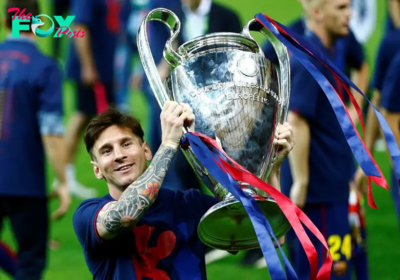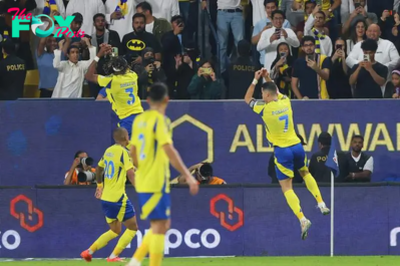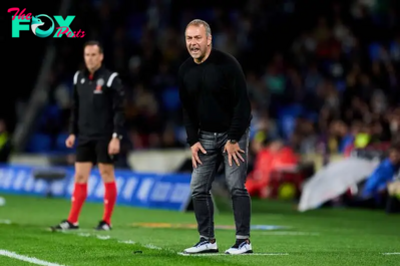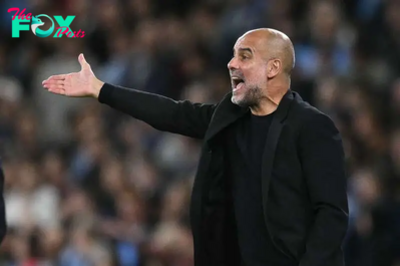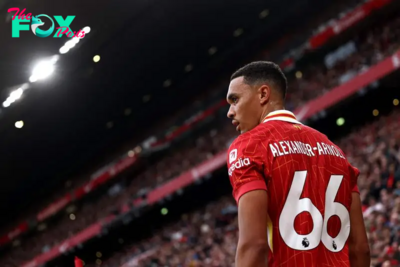Football
Who are the all-time top scorers of the European Championships?
With Euro 2024 just around the corner, we thought it would be a nice idea to take a look back at the top performers of championships gone by. Over the years we’ve had plenty of action both on and off the pitch at the continental tournament but, most memorably, we’ve seen some amazing goal-scoring performances from the best of the best.
Here’s a breakdown of the top marksmen ever to hit the back of the net at the Euros.
First up, we’ve got the list, taken from UEFA’s official database, of the top scorers per tournament since its inception in 1960. Named the 1960 European Nations’ Cup, the tournament was held in France and featured just 4 teams: France, USSR, Yugoslavia and Czechoslovakia.
In a move that would be seen as blasphemy in this day and age, teams such as England, West Germany and Italy all voted against the creation of a continental championship three years earlier, which is why they didn’t participate. As for Spain, another heavyweight, they didn’t Travel as they were under a nazi dictatorship and didn’t want to Travel to the Soviet Union.
(Curiously, Spain won the next edition of the tournament, held four years later, beating none other than the Soviets in the final)
Anyway, History lesson over. Here’s the list.
European Championships top scorers per tournament:
Top scorers per tournament:
- 1960: François Heutte (France), Viktor Ponedelnik (USSR), Valentin Ivanov (USSR), Dražan Jerković (Yugoslavia), Milan Galić (Yugoslavia) – 2 goals
- 1964: Jesús María Pereda (Spain), Ferenc Bene (Hungary), Deszö Novák (Hungary) – 2 goals
- 1968: Dragan Džajić (Yugoslavia) – 2 goals
- 1972: Gerd Müller (West Germany) – 4 goals
- 1976: Dieter Müller (West Germany) – 4 goals
- 1980: Klaus Allofs (West Germany) – 3 goals
- 1984: Michel Platini (France) – 9 goals
- 1988: Marco van Basten (Netherlands) – 5 goals
- 1992: Henrik Larsen (Denmark), Karl-Heinz Riedle (Germany), Dennis Bergkamp (Netherlands), Tomas Brolin (Sweden) – 3 goals
- 1996: Alan Shearer (England) – 5 goals
- 2000: Patrick Kluivert (Netherlands), Savo Milošević (Yugoslavia) – 5 goals
- 2004: Milan Baroš (Czech Republic) – 5 goals
- 2008: David Villa (Spain) – 4 goals
- 2012: Fernando Torres (Spain)*, Alan Dzagoev (Russia), Mario Gomez (Germany), Mario Mandžukić (Croatia), Mario Balotelli (Italy), Cristiano Ronaldo (Portugal) – 3 goals
- 2016: Antoine Griezmann (France) – 6 goals
- 2020: Cristiano Ronaldo (Portugal)**, Patrik Schick (Czechia) – 5 goals
More information
UEFA Euro 2024: Format, teams, groups, fixtures, dates…
OK, maybe the History lesson isn’t over: as the reputation of the tournament grew, UEFA decided to gradually increased the number of participants in the first round, which is why we see a slow increase in the number of goals (more Games = more goals). UEFA expanded to 8 teams in 1980 but it wasn’t until 1996 when we finally saw a 16-team tournament.
Euro 2016 saw another expansion and we moved up to 24 teams participating in the group stages, with a Round of 16 being introduced ahead of the quarter-finals. This year’s edition sticks with the 24 team system, and includes four of the best 3rd placed teams who make it through to the knockouts.
Who is the all-time top scorer in the Euros?
Euros top scorer stats:
- Most final tournament goals
14: Cristiano Ronaldo (Portugal)
9: Michel Platini (France)
7: Antoine Griezmann (France), Alan Shearer (England)
- Most goals (including qualifying)
45: Cristiano Ronaldo (Portugal)
25: Zlatan Ibrahimović (Sweden)
23: Robbie Keane (Republic of Ireland)
- Most goals in a single final tournament
9: Michel Platini (France, 1984)
The tournament will get going at the Allianz Arena in Munich on Friday 14 June: hosts Germany are set to go up against Scotland. The group stage charges on with (almost) non-stop football until 26 June.
Following the group stage is the round of 16 which will be played from 29 June to 2 July. The quarterfinals are set for 5 and 6 July, and the semifinals on 9 and 10 July, one in Munich, the other in Dortmund. The final will be held at Berlin’s Olympiastadion on Sunday 14 July.
-
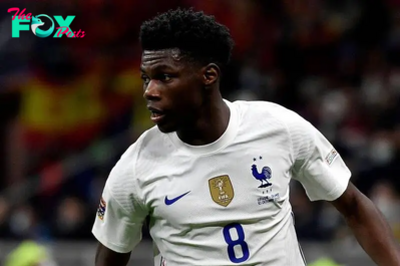
 Football3m ago
Football3m agoLiverpool sources respond to predictable Aurelien Tchouameni transfer rumours
-
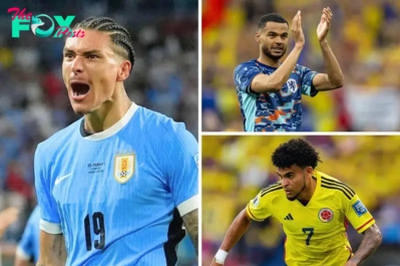
 Football3m ago
Football3m agoDarwin Nunez hooked at half-time but Ronald Koeman hands Liverpool 2 favours
-
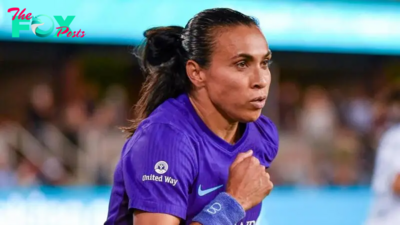
 Football18m ago
Football18m agoHow the legendary Marta inspires NWSL players while searching for an elusive championship with Orlando Pride
-
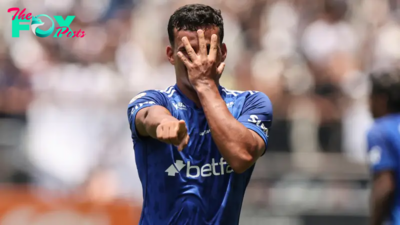
 Football18m ago
Football18m agoWhere to watch Racing Club vs. Cruzeiro: Copa Sudamericana live online, TV, prediction and odds
-
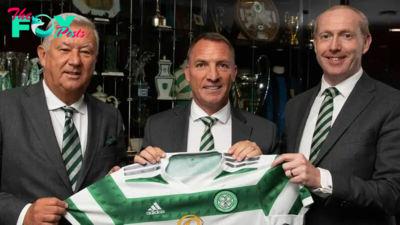
 Football5h ago
Football5h agoCeltic AGM 2024: Everything You Need to Know
-

 Football5h ago
Football5h agoScott Brown on KT’s Potential Celtic Return and What Former Teammate Must Focus On
-
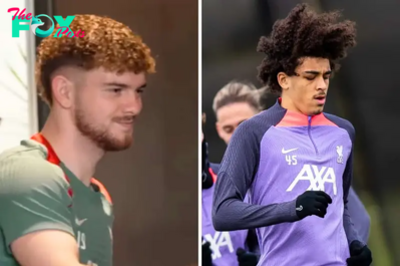
 Football5h ago
Football5h agoHarvey Elliott and Jayden Danns make full training return – but still no Federico Chiesa
-
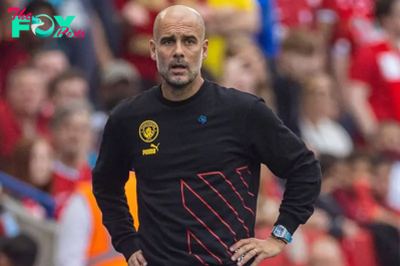
 Football5h ago
Football5h agoPep Guardiola set to sign Man City contract extension despite 115 charges
